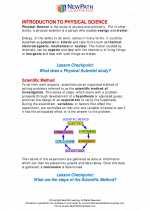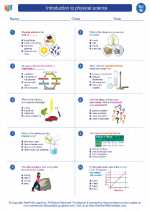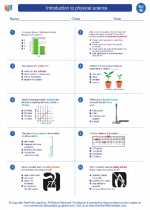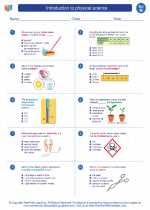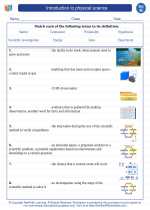Ecological System
An ecological system, also known as an ecosystem, is a community of living organisms, along with the non-living components of their environment, interacting as a system. This includes all the plants, animals, and microorganisms in an area, as well as the physical and chemical factors that influence their lives.
Components of an Ecological System
An ecological system consists of:
- Abiotic factors: These are the non-living components such as water, soil, air, sunlight, and temperature.
- Biotic factors: These are the living components including plants, animals, fungi, and microorganisms.
Interactions in an Ecological System
Within an ecological system, organisms interact with each other and with the abiotic factors in various ways:
- Food chains and webs: Organisms are linked through feeding relationships, forming complex food chains and webs.
- Symbiotic relationships: Organisms may engage in mutualistic, commensal, or parasitic relationships with other species.
- Competition: Different species may compete for resources such as food, water, and territory.
- Energy flow: Energy is transferred through the system via photosynthesis, consumption, and decomposition.
- Nutrient cycling: Nutrients such as carbon, nitrogen, and phosphorus are cycled through the system via biological, geological, and chemical processes.
Study Guide for Ecological Systems
To understand ecological systems, it's important to study the following concepts:
- The roles of producers, consumers, and decomposers in an ecosystem.
- The impact of human activities on ecological systems, including pollution, deforestation, and climate change.
- The concept of carrying capacity and how it applies to different ecological systems.
- The importance of biodiversity and the potential consequences of its loss within an ecosystem.
- The different types of ecological systems, such as forests, grasslands, and aquatic ecosystems, and the unique characteristics of each.
By understanding the components and interactions within ecological systems, we can better appreciate the delicate balance of nature and work towards preserving and conserving these vital systems.
.